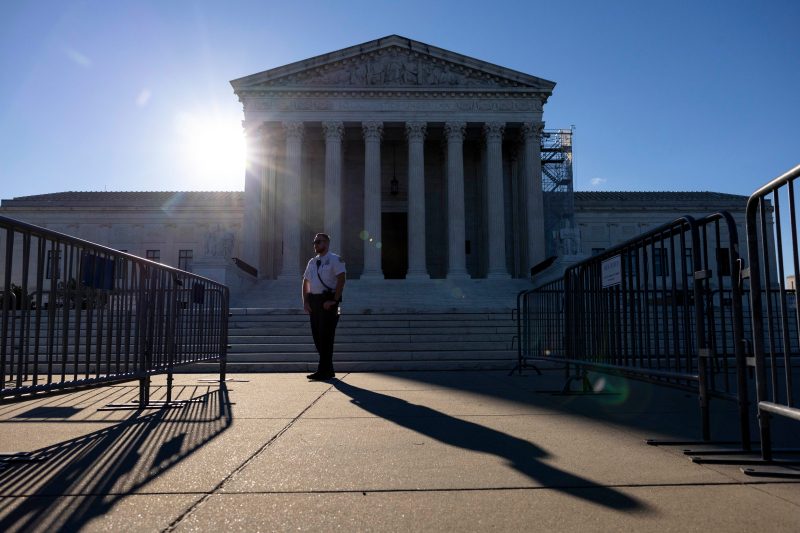The recent announcement of a $30 million gift to fund a center aimed at advocating for a potential overhaul of the Supreme Court has sparked a significant debate among legal scholars, politicians, and the general public. This generous donation, provided by an anonymous donor, underscores the growing interest in reforming one of the most influential branches of the United States government.
The proposed center is set to focus on research and advocacy efforts geared towards shaping the future of the Supreme Court. This initiative comes at a time when questions surrounding the Court’s structure, composition, and decision-making processes have become increasingly pertinent. Critics argue that the Supreme Court, with its lifetime appointments and partisan divides, is in need of reform to ensure its continued effectiveness and legitimacy in the eyes of the American people.
One of the key issues at the center of this debate is the question of court-packing, a controversial proposal to expand the number of Supreme Court Justices. Advocates of court-packing argue that increasing the number of Justices would help balance the ideological leanings of the Court and prevent it from being dominated by a single political ideology. However, opponents warn that such a move could undermine the Court’s independence and impartiality, turning it into a partisan tool.
Aside from court-packing, other reform proposals have also been put forward, including term limits for Supreme Court Justices and changes to the nomination and confirmation process. These ideas aim to address concerns about the politicization of the Court and the potential for Justices to remain on the bench for decades, influencing judicial decisions long after their appointments.
The establishment of a center dedicated to advocating for Supreme Court reform represents a significant step towards fostering dialogue and action on this issue. By providing resources for research, advocacy, and public education, the center has the potential to shape the direction of the debate and influence policymakers at both the state and federal levels.
As discussions around Supreme Court reform continue to evolve, it remains to be seen how this $30 million gift will impact the broader landscape of judicial reform in the United States. Whether through supporting specific policy proposals or fostering a broader conversation on the future of the Supreme Court, this initiative has the potential to play a crucial role in shaping the trajectory of one of the country’s most powerful institutions.

